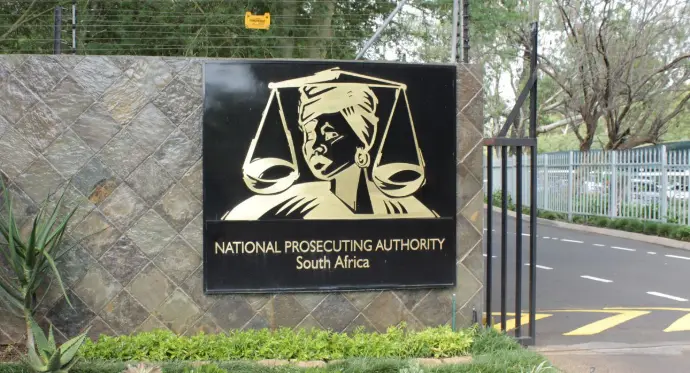Private Prosecution FAQ

The state's National Prosecuting Authority (NPA) is the only institution legally authorised to bring a criminal prosecution. If the NPA formally declines to prosecute, a person directly affected by the crime may bring a private prosecution, but under the current law an organisation or entity may not.
PRIVATE PROSECUTION FAQ
Private prosecution is a procedure in terms of the Criminal Procedure Act where private individuals can prosecute an accused person in circumstances where the National Prosecuting Authority declines to do so.
In terms of the Criminal Procedure Act, only people with a direct interest may institute private prosecution proceedings, namely:
- Any private person who proves a substantial and particular interest in the issue of a criminal trial arising from an injury that person suffered due to the offence in question;
- The spouse, child or next-of-kin of a person who died as a result of that crime;
- The legal guardian of a minor or mentally incapacitated person who was the victim of the crime.
A nolle prosequi certificate is a formal certificate issued by the National Prosecuting Authority confirming that it declines to prosecute. Such certificates are necessary in order for private individuals to institute private prosecution proceedings. A nolle prosequi certificate must be explicitly requested from the NPA by the person who wishes to institute private prosecution proceedings.
The Criminal Procedure Act provides that a person that qualifies to institute private prosecution proceedings may do so in his or her own name but may also use the services of a legal representative.
The current position in terms of the law is that only individuals as listed above can privately prosecute. The Criminal Procedure Act does not make provision for entities such as private companies or associations to conduct private prosecutions. This dilemma is also compounded by the fact that entities cannot necessarily suffer an “injury” from a particular crime committed. This injury (as it currently stands) is a personal injury that cannot be transferred to an entity – it sticks to the person suffering from it.
In order to allow civil society to bring a private prosecution, the Criminal Procedure Act will need to be amended. This approach should be one of caution, as the National Prosecuting Authority has the exclusive power to prosecute, notwithstanding the fact that provision is made (in exceptional circumstances) for private prosecution. In this regard, the scope of who may institute private prosecution proceedings must be extended to include private entities in addition to private individuals. However, the specific crimes under which civil society may privately prosecute needs to be limited to crimes committed by the state (i.e. municipalities, state-owned institutions, etc).
As the public does hypothetically suffer “injury” from crimes committed by state-owned institutions due to the involvement of public funds or property, civil society may have a compelling case to ensure that provision be made for such private prosecution.
The Criminal Procedure Act needs to expand on the interest that an affected person suffered due to a particular crime. Additionally, the Criminal Procedure Act also needs to classify the public as affected persons in instances where crime is committed by the state.
OUTA believes that there is a case to be made for civil society to privately prosecute on an ad hoc basis in instances where the state declines to do so, irrespective whether the refusal to prosecute is based on capacity constraints or political will.
OUTA submits that the legislator could not reasonably have foreseen the current political climate. The presence of state capture and rampant corruption throughout our government warrants a reform of the current provisions on private prosecutions.